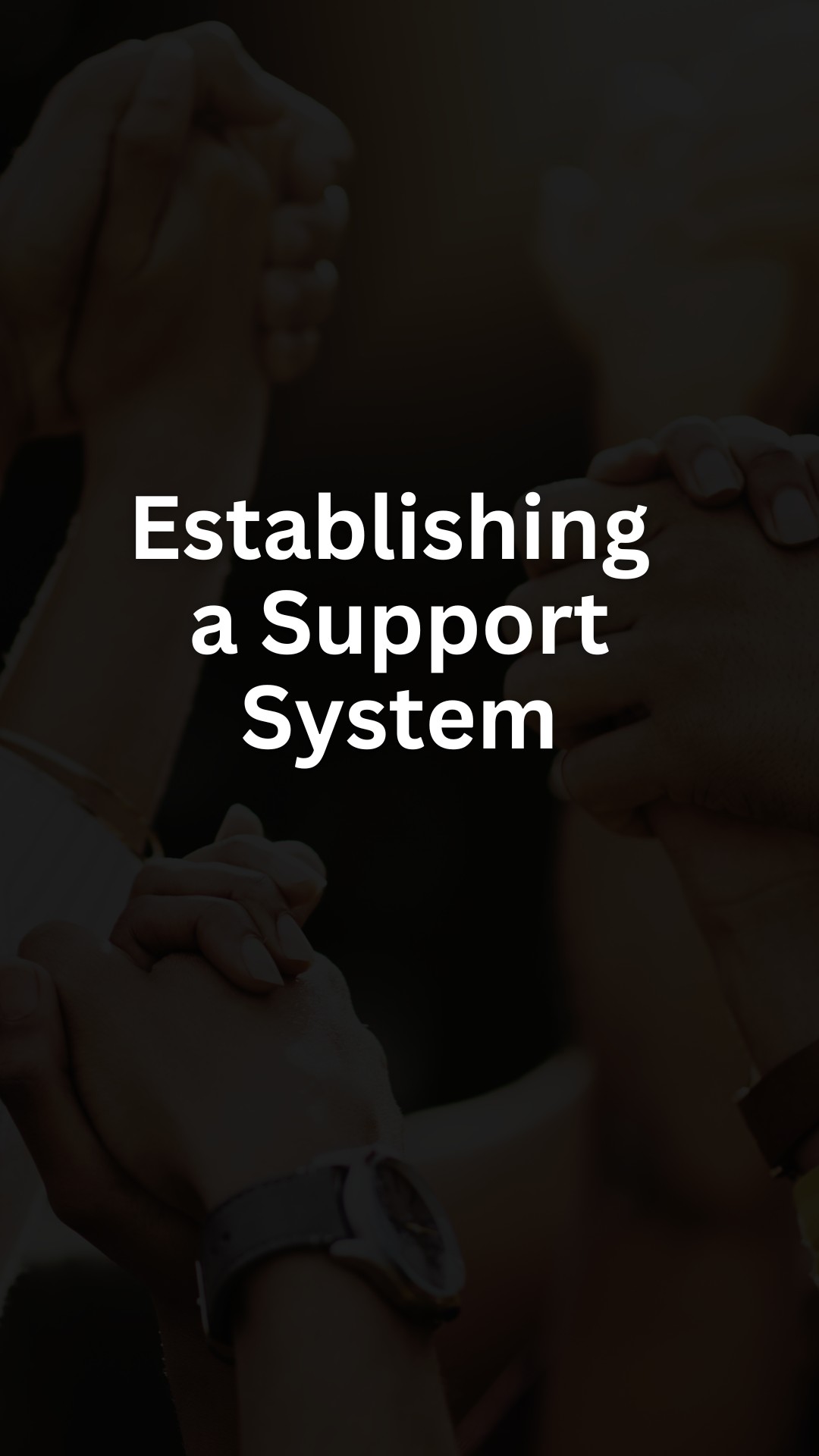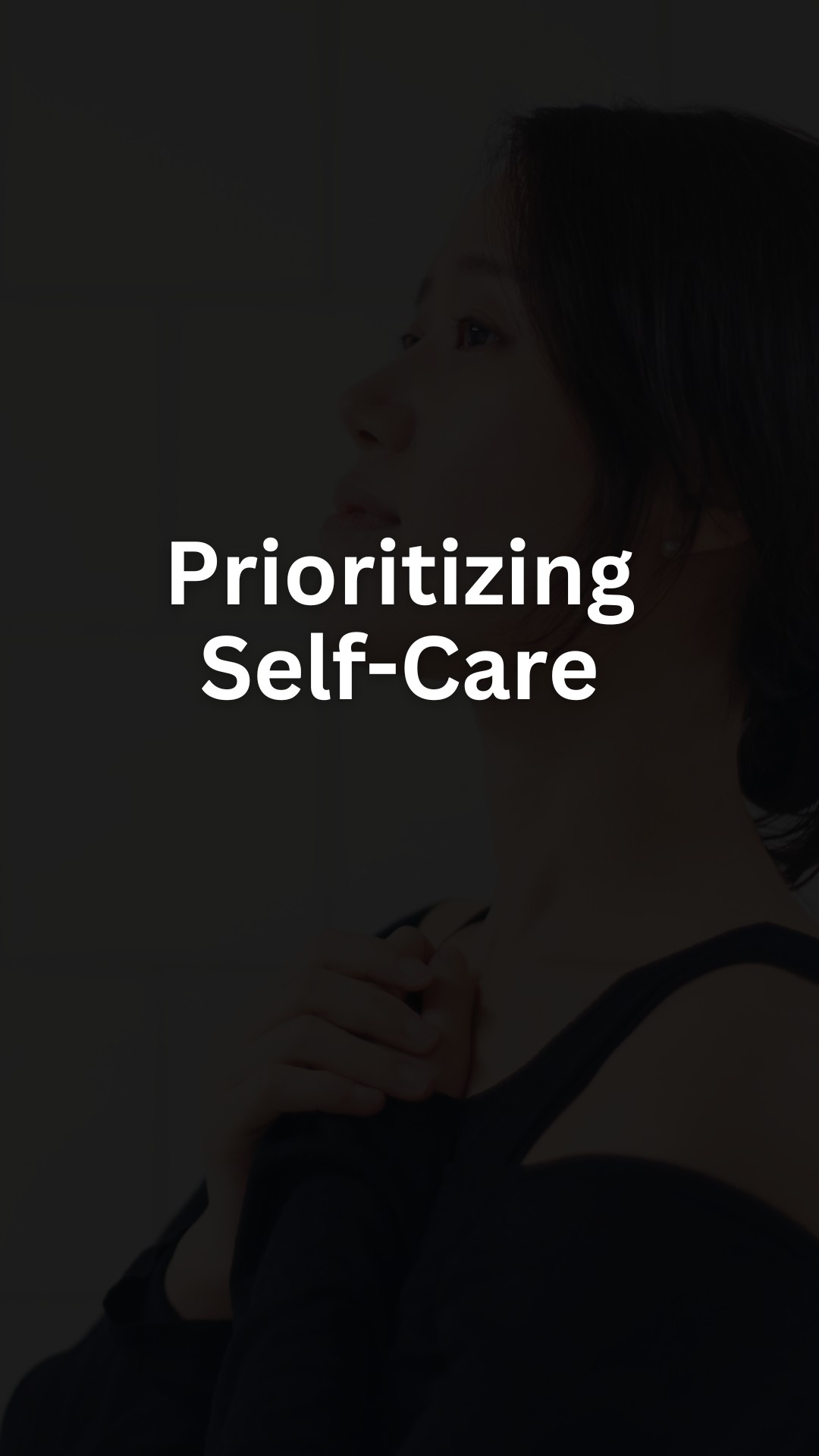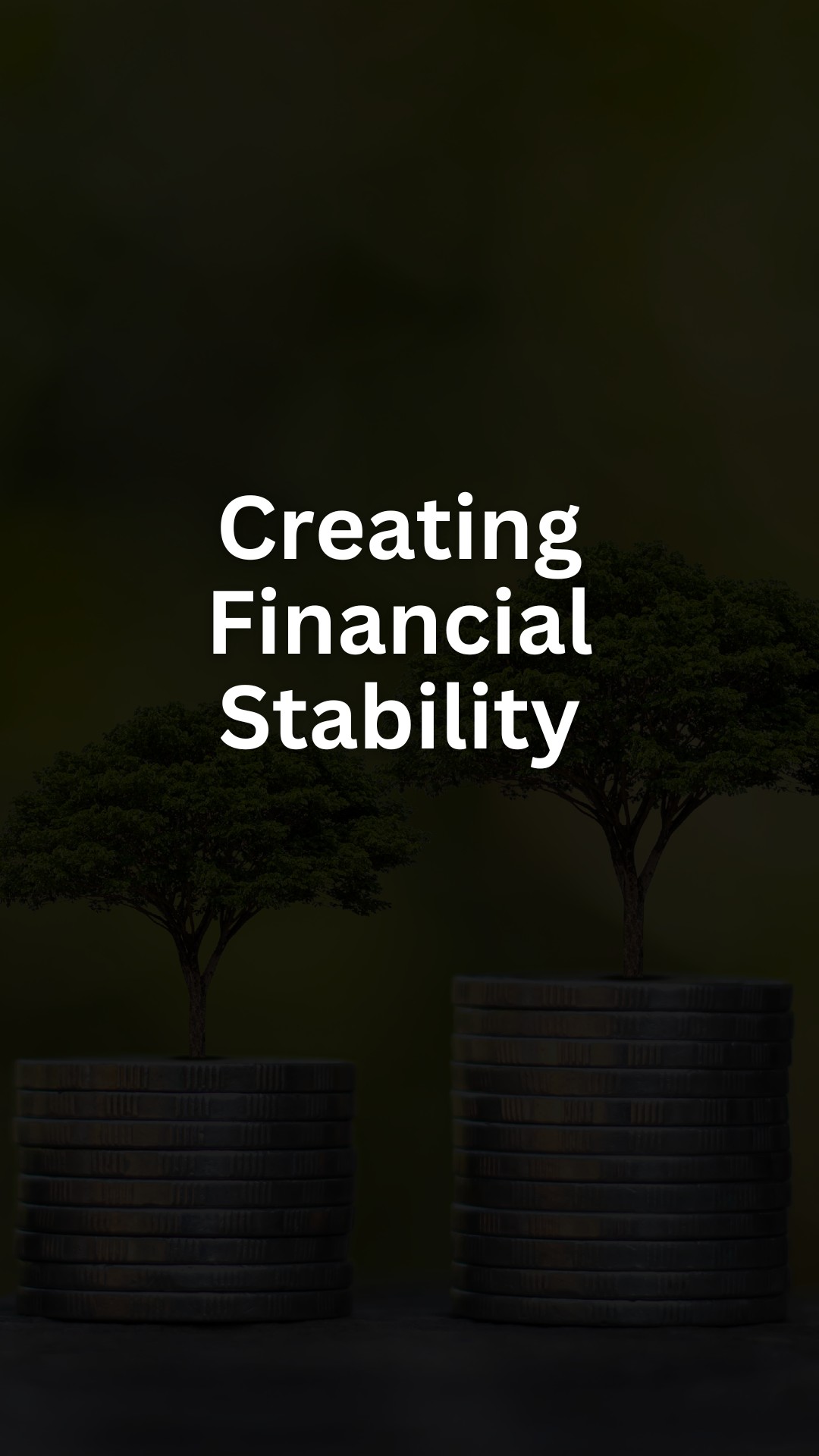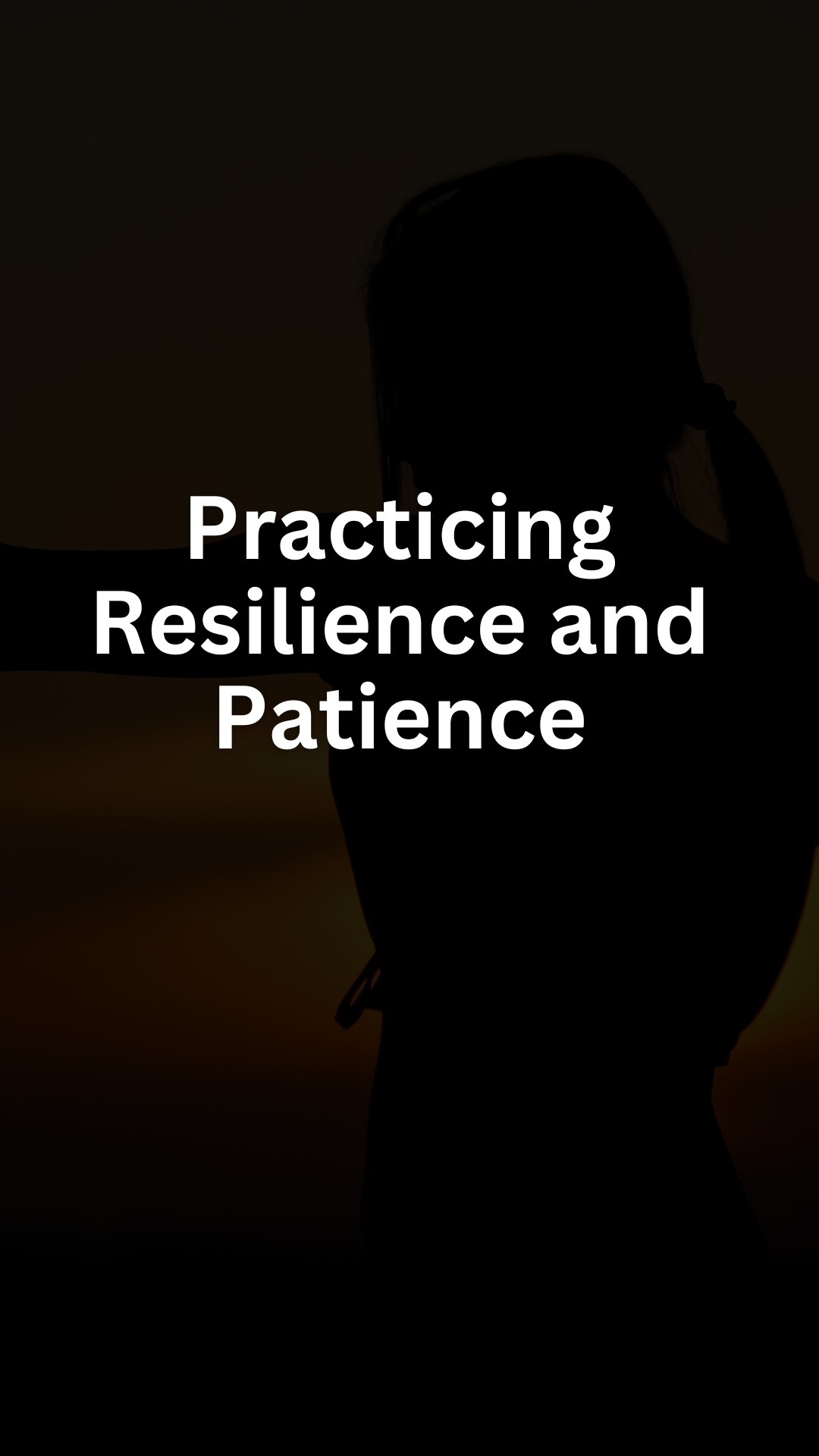Going through a divorce can be tough. It can feel like your confidence is shattered.
Rebuilding your confidence is possible, and it starts with small steps.
Begin by taking care of yourself.
Simple things like eating well, exercising, and getting enough sleep can make a big difference.
Spend time with supportive friends and family. They can help remind you of your strengths.
Find new activities or hobbies that make you feel good.
Trying something new can open up a world of opportunities and help you discover talents you never knew you had.
This can be a huge boost to your self-esteem.
Understanding the Emotional Impact of Divorce

Divorce can bring a wave of emotions that can be hard to handle.
You might feel sad, scared, angry, or even relieved. These feelings are normal and part of the process.
At times, you may go through grief. Divorce is a loss, and it’s okay to mourn the end of your relationship.
You may feel a sense of failure, but remember, many people feel this way.
Stress and anxiety can also be common.
The changes in your life can seem overwhelming. It’s important to find healthy ways to cope, like talking to friends or a therapist.
You might also experience loneliness. Being single again can feel isolating, but it’s a chance to reconnect with yourself.
Spend time on hobbies, meet new people, and rediscover what makes you happy.
Denial, anger, bargaining, and depression are stages of grief that you might go through.
These stages can come and go, and everyone experiences them differently.
- Denial: Not believing the divorce is happening.
- Anger: Feeling upset about the situation.
- Bargaining: Hoping to fix the relationship.
- Depression: Feeling deep sadness about the loss.
Find a support system. Reach out to family, friends, or support groups.
Surrounding yourself with people who care can make a big difference. They can offer comfort and practical help when you need it.
Remember:
- Be kind to yourself.
- Allow yourself to feel.
- Seek help if you need it.
Establishing a Support System

Building a strong support system after a divorce is vital. You need people who understand you, professionals who can offer guidance, and groups that provide a shared experience.
Family and Friends
Your family and friends can be a crucial part of your support system. They already know you well and can offer emotional support.
It’s important to reach out to them and let them know what you’re going through. Spend time with those who are positive and encouraging.
Lean on friends who listen without judging. Share your feelings openly.
A simple phone call or visit can make a big difference. Remember, it’s okay to ask for help.
Professional Help
Sometimes, friends and family aren’t enough.
Seeking professional help can provide you with tools to rebuild your confidence.
Therapists and counselors are trained to help you navigate this challenging time. They can offer strategies to manage stress and improve your mental health.
Individual therapy sessions can provide a safe space to explore your feelings.
You might also consider talking to a life coach who can help you set goals and rebuild your life.
Support Groups
Joining a support group can be very helpful.
These groups are made up of people who are also dealing with divorce. Sharing your experiences with others who understand can provide comfort.
You can find support groups that meet in person or online.
In these groups, you can discuss your feelings and hear how others cope. You might even make new friends who can offer support outside of the group meetings.
Rediscovering Yourself

Rebuilding confidence starts with getting to know yourself again. This involves revisiting your personal interests and trying out new skills and hobbies.
Personal Interests
Start by thinking about what you enjoy doing. Make a list of activities that make you happy, such as reading, gardening, or cooking.
These activities can help you feel fulfilled and happier.
Spend time each day doing something you love. It might be as simple as taking a walk in the park or listening to your favorite music.
Also, consider joining clubs or groups that focus on your interests, which can help you make new friends.
New Skills and Hobbies
Trying something new can boost your confidence.
Look for classes or online tutorials that teach skills you have always wanted to learn. This could be playing a musical instrument, painting, or even learning a new language.
Practicing these new hobbies regularly helps build a sense of achievement.
Track your progress to see how far you have come. Celebrate small victories, whether it’s playing your first song on the piano or speaking a few sentences in a new language.
Prioritizing Self-Care

Taking care of yourself after a divorce is crucial. This includes focusing on your physical wellness, mental health, and spiritual growth. These areas will help you rebuild your confidence and strength.
Physical Wellness
Start by incorporating regular exercise into your routine.
This can be as simple as a daily walk, yoga, or joining a gym. Exercise releases endorphins, which can lift your mood and energy levels.
Eating a balanced diet is also critical.
Choose nutritious foods like fruits, vegetables, lean proteins, and whole grains. Drink plenty of water to stay hydrated.
Ensure you get enough rest. Aim for 7-8 hours of sleep each night. A good sleep schedule helps your body and mind recover.
Mental Health
Taking care of your mental health is just as important.
Speaking to a therapist or counselor can provide a space to express your feelings. They can offer strategies to cope with stress and anxiety.
Practice mindfulness and meditation.
Spend a few minutes each day focusing on your breathing and clearing your mind. This helps reduce stress and improve focus.
Connect with supportive friends and family. Talk about your experiences with people who care about you. Social support can be a powerful tool in recovery.
Spiritual Growth
Explore activities that nurture your spirit.
This might include attending religious services, if that resonates with you, or finding inspiration in nature.
Journaling can be a powerful tool. Write about your thoughts, dreams, and reflections. This can help you process emotions and stay grounded.
Try reading spiritual books or listening to podcasts that offer uplifting messages.
Find sources that inspire and comfort you. Engaging with these materials can help you feel more connected and calm.
Setting Realistic Goals

After a divorce, it’s important to set goals that are realistic and achievable.
Start small. Choose goals that you can tackle within days or weeks.
For example, plan to exercise for 20 minutes a day, or read a book you’ve always wanted to.
Break down larger goals into smaller steps.
If you want to go back to school, first research programs, then apply, and later arrange finances.
Use a SMART goals approach:
- Specific: Be clear about what you want to achieve.
- Measurable: Track your progress.
- Achievable: Make sure the goal is possible.
- Relevant: Choose goals that matter to you.
- Time-bound: Set a deadline.
Keep a journal. Write down your goals and track your progress. This helps you stay focused.
Talk to a friend or family member for support. Share your goals and ask for their encouragement.
Reward yourself for small achievements.
Celebrate the steps you take, no matter how small. This boosts your confidence and motivation.
Be patient with yourself. Remember that it’s okay if things don’t go as planned. Adjust your goals if needed.
Embracing Positivity and Gratitude

When you’re rebuilding your confidence after a divorce, positivity and gratitude can be powerful tools.
Start each day with a positive thought. Something as simple as “Today will be a good day” can set a positive tone.
Make a list of things you are grateful for.
Focus on small things, like a sunny day or a kind friend.
Use a gratitude journal. Write down three things you’re thankful for each night. This helps you see the good in your life.
Surround yourself with positive people. Spend time with friends and family who uplift you.
Practice mindfulness.
Take a few minutes each day to meditate or focus on your breathing. This helps you stay present and peaceful.
In difficult moments, remind yourself of your strengths. Reflecting on past achievements can boost your confidence.
Create a vision board. Fill it with images and words that inspire you. Place it where you can see it every day.
Look for positive affirmations online or create your own. Repeat them to yourself daily.
Volunteer or help others. Doing good for others can make you feel more connected and valued.
Celebrate small victories. Each step forward is progress.
Revamping Your Social Life

After a divorce, it feels important to build a new social life. Connecting with new friends and opening up to dating again can play key roles in this process.
Making New Friends
Start by joining clubs or groups that interest you.
This could be a book club, hiking group, or a cooking class. Look for community events where you can meet people with similar interests. Volunteering is another great way to make new connections.
Don’t rush things. Building meaningful friendships takes time.
Try reaching out to old friends you may have lost touch with. Share your feelings and experiences; genuine connections often form when you open up.
Using social media and apps can also help.
Platforms like Meetup can connect you with local groups and activities. Staying positive and open-minded will attract genuine friendships.
Dating After Divorce
Dating again may seem daunting, but it’s a chance to find joy and companionship.
Start slow. You don’t have to dive into serious relationships right away.
Online dating can be a good way to ease back into the scene. Be honest about your past and what you’re looking for.
Communicate your boundaries clearly.
Remember, it’s okay to take things at your own pace.
It’s also important to learn from past relationships to build healthier ones.
Joining social events can also help you meet potential partners.
Don’t be afraid to ask friends or family to set you up. Taking these steps can help you rebuild your confidence in dating and form new meaningful relationships.
Creating Financial Stability

After a divorce, it’s crucial to regain control of your finances to feel secure and confident. Focus on budgeting and saving as well as career planning to achieve financial stability.
Budgeting and Saving
Start by listing all your income sources and monthly expenses.
Prioritize necessities like housing, utilities, and food. Use a budgeting app or a simple spreadsheet to track your spending.
Set realistic savings goals.
Aim to save a small percentage of your income each month. Building an emergency fund with three to six months’ worth of expenses is key.
Evaluate your habits and look for areas to cut back.
Small changes, like cooking at home more often, can add up. Try to allocate money towards paying off debts to reduce financial stress.
Career Planning
Assess your current job situation. Determine if it meets your financial needs and future goals.
Consider pursuing additional training or certifications to enhance your skills.
Look into career counseling services or hire a career coach for personalized guidance.
Update your resume and LinkedIn profile to reflect your skills and experiences.
Network with professionals in your field. Attend industry events and join online forums.
Exploring job opportunities through these channels can lead to higher-paying positions.
Dealing with Loneliness

After a divorce, you might find yourself feeling lonely. These feelings are normal, and it’s important to address them.
Consider starting new hobbies or revisiting old ones. Activities like reading, gardening, or joining a local club can help fill your time.
Stay connected with friends and family. Even a quick phone call or text can make a big difference.
Create a Routine
A daily routine can give your day structure. It helps you stay busy and focused:
| Time of Day | Activity |
|---|---|
| Morning | Exercise or walk |
| Afternoon | Work or hobbies |
| Evening | Relax or socialize |
Stay Active
Physical activity is good for both your body and mind. Try:
- Walking
- Yoga
- Dancing
Volunteering
Helping others can make you feel good. Look for local volunteer opportunities. It’s a great way to meet new people and fill your time meaningfully.
Professional Support
Sometimes, talking to a therapist can help. They can provide you with tools and strategies to cope with loneliness.
Online Communities
Join online groups or forums for support. Connecting with others who are going through similar experiences can be comforting.
Practicing Resilience and Patience

Going through a divorce is tough. It takes strength to rebuild your confidence. One key part of this is practicing resilience and patience.
Resilience
Resilience helps you bounce back from setbacks. Life might throw challenges at you, but you can handle them. To build resilience:
- Set small goals: Achieve little wins each day.
- Stay positive: Focus on good things, even if they seem small.
- Stay active: Exercise can lift your mood.
Patience
Patience is important as you navigate this new phase of life. It takes time to heal and grow.
- Be kind to yourself: Understand that it’s okay to take your time.
- Avoid comparisons: Everyone heals at their own pace.
- Mindfulness: Practice being present in the moment.
Tips for Practicing Both
Keep a journal: Write about your feelings and progress. It can help you see how far you’ve come.
Seek support: Talk to friends, family, or a counselor. Their support can be invaluable.
Healthy routines: Stick to regular sleep, meals, and exercise habits.
Moving Forward with Confidence

Rebuilding your confidence after divorce can be a journey, but it’s definitely possible. Start by embracing self-care. This can include exercise, healthy eating, and getting enough rest. Taking care of your body can help you feel better overall.
Set small goals. Achieving something simple, like organizing a room or completing a project, can boost your confidence. Each small victory can help you feel more in control and positive.
You should also connect with friends and family. Surrounding yourself with supportive people can make a big difference. Share your thoughts and feelings with those you trust, and allow them to provide encouragement.
Another helpful step is to learn new skills or take up a hobby. This can provide a sense of accomplishment and can be a great way to meet new people. Enjoying and finding success in new activities can help rebuild your self-esteem.
Practice positive self-talk. Be kind to yourself and remind yourself of your strengths. Replace negative thoughts with positive affirmations.
Consider professional help. Therapists or counselors can provide guidance and tools to help you navigate your feelings and rebuild confidence. Sometimes, talking to a professional can provide a new perspective and additional support.
Frequently Asked Questions

Going through a divorce can feel overwhelming, but there are ways to rebuild your confidence and move forward. Here are answers to some common questions about regaining self-esteem, self-care, and starting over.
What steps can I take to improve self-esteem post-divorce?
Start by setting small, achievable goals. Engage in activities you enjoy. Surround yourself with supportive friends and family. Consider seeking therapy to work through your feelings and build a positive mindset.
What strategies can help in feeling attractive and confident again after a marriage ends?
Focus on your health and well-being. Exercise regularly and eat a balanced diet. Update your wardrobe with clothes that make you feel good. Pamper yourself with a new hairstyle or spa day. Remember, confidence often comes from within.
How can I learn to love myself and prioritize self-care following a divorce?
Practice self-compassion. Spend time doing things you love. Join support groups or take up new hobbies. Prioritize mental health by meditating, journaling, or talking to a therapist. Recognize your worth and celebrate small victories.
What’s the typical timeframe for emotional recovery after divorce?
Emotional recovery can vary widely. Some people may feel better in a few months, while others may take a year or more. It’s important to allow yourself time to heal and not rush the process. Everyone’s journey is unique.
How do I start over and rebuild my life after the end of my marriage?
Create a new routine. Explore new interests and hobbies. Set new personal and professional goals. Reconnect with old friends and make new ones. Take the time to rediscover who you are outside of the marriage.
What are the most challenging phases one may encounter during the divorce process?
You might face denial, anger, bargaining, depression, and acceptance. These stages can come in waves and not necessarily in order.
It’s crucial to acknowledge your emotions and seek support when needed. Each phase is a step toward healing.